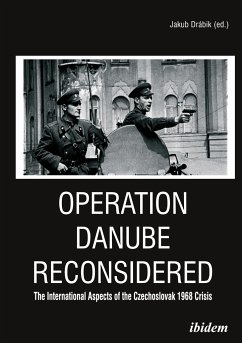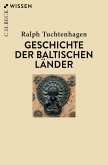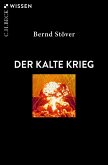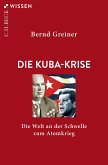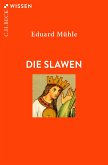At 11 öclock in the evening of 20th August 1968, the armies of four Warsaw Pact countries, the Soviet Union, Poland, Bulgaria, and Hungary, crossed the borders of Czechoslovakia, starting the ¿Operation Danube¿. Literally overnight the Czechoslovak experiment with Alexander Dub¿ek¿s liberalization reforms was transformed from living reality into history. Although the Soviet Union¿s action successfully halted the pace of reform in Czechoslovakia, it had unintended consequences for both the unity of the communist bloc and the establishment of the new Soviet foreign doctrine. This book brings the international context of the 1968 crisis in Czechoslovakia to the center of attention. It brought together experts from within as well as from without Central Europe with the hope of igniting, or, perhaps better, re-igniting an international discussion on the Prague spring, its origins, its unfolding, its aftermath, and, most importantly, the international context. The volume¿s contributors are: Ljubodarg Dimi¿, Jakub Drábik, Mihail Gruev, Slavomír Michálek, Miklós Mitrovits, Jackques Rupnik, Alexander Stykalin, Miros¿aw Szumi¿o, Michal ¿tefanský, and Virgiliu Tarau
Hinweis: Dieser Artikel kann nur an eine deutsche Lieferadresse ausgeliefert werden.
Hinweis: Dieser Artikel kann nur an eine deutsche Lieferadresse ausgeliefert werden.

